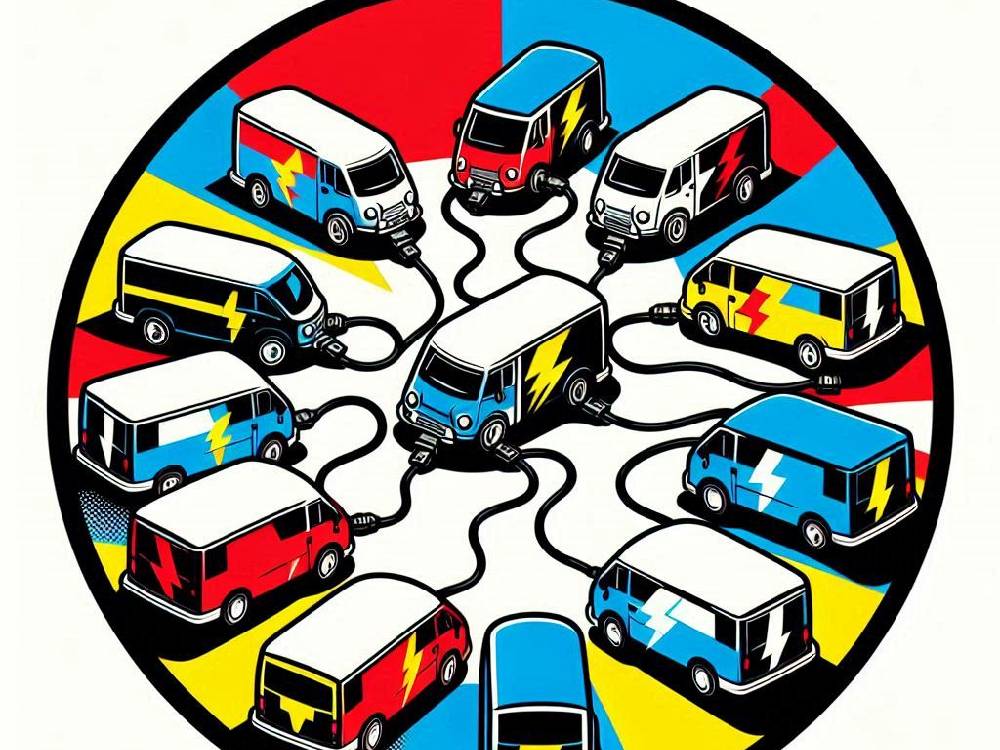Why Are Some Businesses Holding Onto Diesel Vans?
In a previous post, we discussed the shift to electric vans.
But it appears that the transition isn’t happening as fast as expected.
Many businesses operating fleets are holding onto their diesel vans for as long as possible.
But why?
Why Not Electric Vehicles (EVs)?
Some companies claim they can’t fully adopt electric vans just yet.
Why?
EVs need to be charged during long trips.
This can cause major disruptions for businesses that rely on tight schedules.
Imagine needing to plan each route carefully, knowing where the charge points are.
There are about 42,000 charging stations across 15,000 locations in the UK.
That sounds like a lot, but it’s not always enough.
If a driver is traveling across the country, they might need four full charges—possibly more.
Rural areas?
The situation worsens, with fewer charging stations available.
Now picture the logistical nightmare that fleet managers must face.
Caught in the Middle
Fleet owners know they have to go green.
They recognise the push for sustainability.
Yet, they feel stuck.
What can they do?
Diesel Until the End?
One solution might be keeping a small fleet of diesel vans.
They would reserve these for long-haul jobs.
But there’s a catch.
New petrol or diesel vans won’t be available for purchase after 2030.
Only second-hand options will exist.
They will still sell fuel, but it won’t come cheap.
Maintenance costs will rise, too.
Still, many businesses are hanging onto their diesel vans, hoping for cheaper EV alternatives down the line.
Fossil Fuels or Bust?
It’s not that businesses don’t want to embrace cleaner energy.
They do.
But they have to remain practical to stay in business.
Survey Insights: What Are Vans Used For?
A 2020 survey revealed some interesting data.
Vans are primarily used for transporting equipment, tools, and materials.
The next most common use? Delivering and collecting goods.
And here’s another insight:
Most businesses purchase new vans.
However, privately owned vans are typically bought second-hand—82% of them, in fact.
The Future of Diesel Vans
Diesel vans won’t disappear overnight.
They’ll still be around for a while.
But remember, your van—whether new or used—needs insurance.
So why not find the best and cheapest van insurance rates today?
It’s easy.
Just start by filling out this simple 3-minute form.
You’ll be on your way to great savings in no time.
Don’t Wait Too Long
The shift to electric might be slower than expected.
But it’s coming.
And sooner or later, you’ll have to decide:
Will you go electric or stick with diesel for as long as possible?
The choice is yours—just make sure you’re ready.




